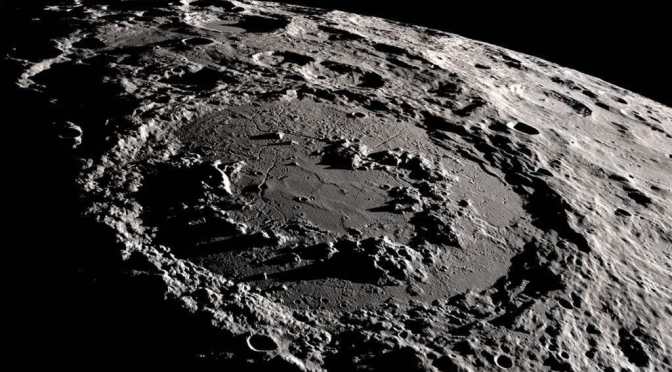
SOURCE: TNN
The Indian Space Research Organisation (Isro), which is looking to launch Chandrayaan-3 next year will be creating artificial Moon craters in Ullarthi Kavalu, Challakere, some 215km from Bengaluru, later this year.
“We’ve already called for tenders and the process of identifying a firm for all the civil works will be complete by month end, or early September. The craters will be created in our Challakere campus,” a source said, adding that it would cost at least Rs 24.2 lakh.
The craters, another source said, would be 10 metres in diametre and have 3-metre depth. The craters are meant to simulate the lunar surface on which Chandrayaan-3 lander would land.
“The lander’s sensors will undergo a crucial test — Lander Sensor Performance Test (LSPT) — which will involve us flying the sensors on an aircraft over the artificial lunar site and see how efficient they are in guiding the lander,” a scientist said.
Just like Chandrayaan-2, India’s next lunar mission will also be highly autonomous (pre-programmed), using multiple sensors, including those designed to help the lander assess its height from the landing spot, decide velocity and keep the craft away from boulders and uneven surface.
The test will see an Isro aircraft flying with the sensors descend from an altitude of 7km over the artificial lunar surface. From about 2km height, the sensors are expected to display its ability to guide the craft.
While the LSPT will only see the sensor being flown to Challakere, another scientist said: “The focus on thorough testing is higher than Chandrayaan-2 this time. We are even looking at testing a full-fledged lander at ISITE (Isro Satellite Integration and Test Establishment) in Bengaluru. As of today, we are not sure how feasible that would be, but the thinking is there.”
Isro had created similar craters for Chandrayaan-2, but sources in the know said that since these things are created on an open land, the quality has deteriorated needing creation of fresh craters.






